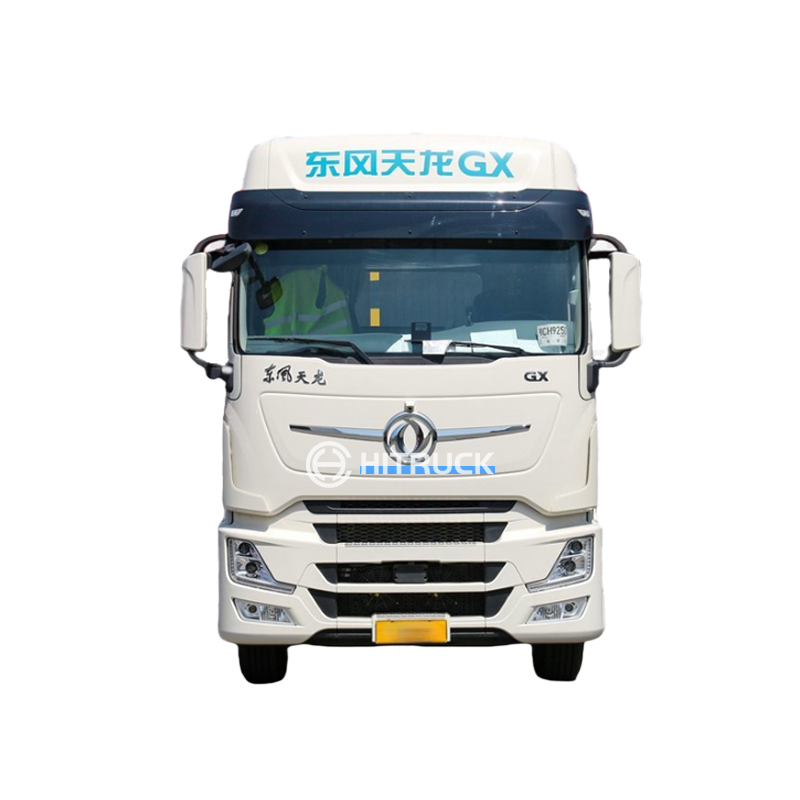This comprehensive guide explores the world of reefer trucks, providing insights into their functionalities, types, maintenance, and selection process. We cover everything from basic refrigeration principles to advanced technological features, helping you make informed decisions based on your specific needs. Learn about different fuel options, common issues, and where to find reputable reefer truck dealers, such as Suizhou Haicang Automobile sales Co., LTD.
Reefer trucks are classified primarily by their refrigeration units. These units control the temperature inside the trailer, ensuring the safe transport of perishable goods. Direct-drive units are common, offering straightforward operation and maintenance. However, more efficient indirect-drive units are also widely available, using a diesel engine to power a separate refrigeration system. This results in improved fuel efficiency and reduced noise.
The size of a reefer truck is crucial to consider. Options range from smaller trucks for local deliveries to larger, long-haul trucks capable of carrying significantly more cargo. Capacity is measured in cubic feet or meters and depends on the trailer's dimensions. Choosing the right size is essential to match your transportation demands. Carefully consider the typical size of your shipments when selecting a reefer truck.
Reefer trucks can run on various fuels, each with advantages and disadvantages. Diesel remains the most common, but there's a growing interest in alternative fuels like natural gas and electricity. Electric reefer trucks are becoming increasingly popular due to their reduced carbon emissions and lower running costs, though their range remains a consideration. The optimal fuel choice depends on factors such as operational costs, environmental concerns, and the availability of fueling infrastructure. Consider researching the Total Cost of Ownership (TCO) for each fuel type to make an informed decision.
Regular maintenance is vital for keeping your reefer truck running smoothly and efficiently. This involves scheduled inspections, preventative maintenance, and prompt repairs. A well-maintained unit will reduce downtime and extend its lifespan significantly. Consistent adherence to recommended service intervals is key to optimizing performance.
Certain issues are more common in reefer trucks. These can include refrigeration unit malfunctions, issues with the electrical system, and problems with the trailer's seals and insulation. Understanding these common problems and their solutions will help you in troubleshooting and preventative maintenance. Accessing service manuals and contacting specialized mechanics can be particularly helpful.
The optimal reefer truck depends on numerous factors, including the type of goods being transported, the distance of the routes, budget constraints, and the desired level of technology. Consider the following factors to determine the best choice for your business:
| Factor | Considerations |
|---|---|
| Cargo Type | Perishable goods require precise temperature control. Different goods may have varying temperature requirements. |
| Route Distance | Long-haul routes necessitate fuel efficiency and reliability. Shorter routes may allow for less powerful, but cost-effective options. |
| Budget | New trucks are expensive, but offer lower maintenance costs initially. Used trucks can be more affordable, but may require more frequent maintenance. |
| Technology | GPS tracking and telematics can improve efficiency and security, but increase initial cost. |
By carefully evaluating these aspects, businesses can select a reefer truck that aligns perfectly with their operational needs and budget.
Remember to research different manufacturers and dealers to compare prices and features. Don't hesitate to seek advice from experienced professionals to ensure you make the best decision for your specific transportation requirements.












